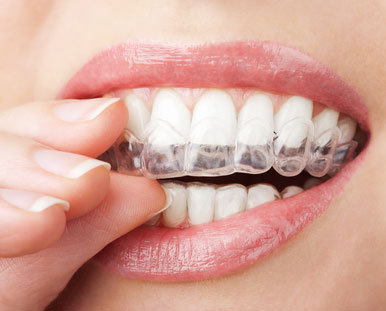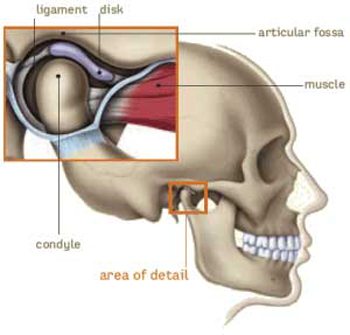My dentist is trying to convince me to get this custom-fitted device to sleep with. He says I’m grinding my teeth because of the medicine I take. First, wouldn’t I know if I happened to be grinding my teeth and second, can medicines really make you do that? Does it even matter?
Clark
Dear Clark,

I promise your dentist isn’t trying to pull one over on you. Everything he said is based in fact. Most patients doen’t realize they are grinding their teeth, because it happens at night while they’re sleeping.
The Consequences of Grinding and Clenching
Griding and clenching your teeth is known as bruxism. When you do that habitually, whether intentionally or not, your teeth begin to wear down. In some cases, I’ve seen them worn down to nubs and the patient had to have all their teeth crowned. This is known as a full-mouth reconstruction and is very costly.
In addition to wearing down the teeth, you can also end up chipping or even cracking them . Cracked teeth will also have to be crowned in order to save them.
A nightguard protects your teeth from the force of these motions. Even though you likely won’t be able to stop doing them, your teeth won’t bear the consequences.
Be on the Lookout for TMJ Disorder
With constant motion of your jaw in grinding, you’re in danger of another kind of problem. You could wear down your temporomandibular joint, leading to TMJ disorder.
Here are some symptoms to look out for:
- Jaw Pain
- Clicking in the Jaw
- Migraines, especially in the morning
If any of these pick up, you’ll want to see a dentist who has some special training in TMJ.
This blog is brought to you by New Orleans Dentist Dr. Duane Delaune.

